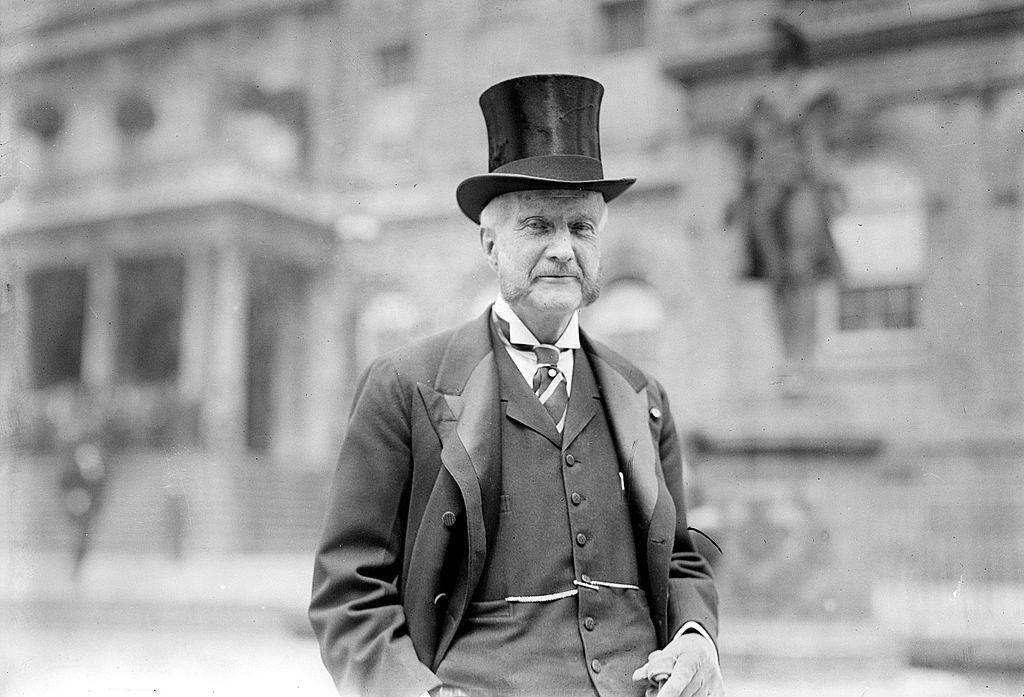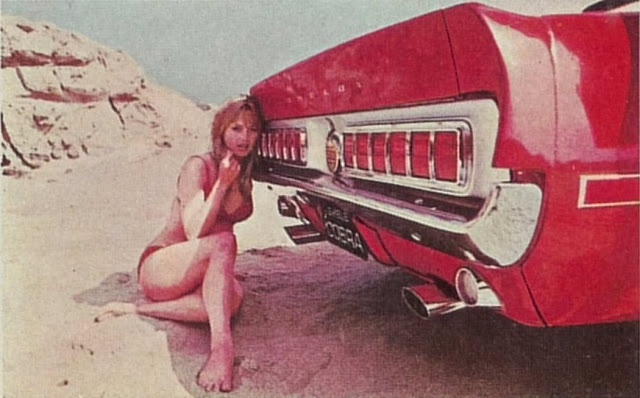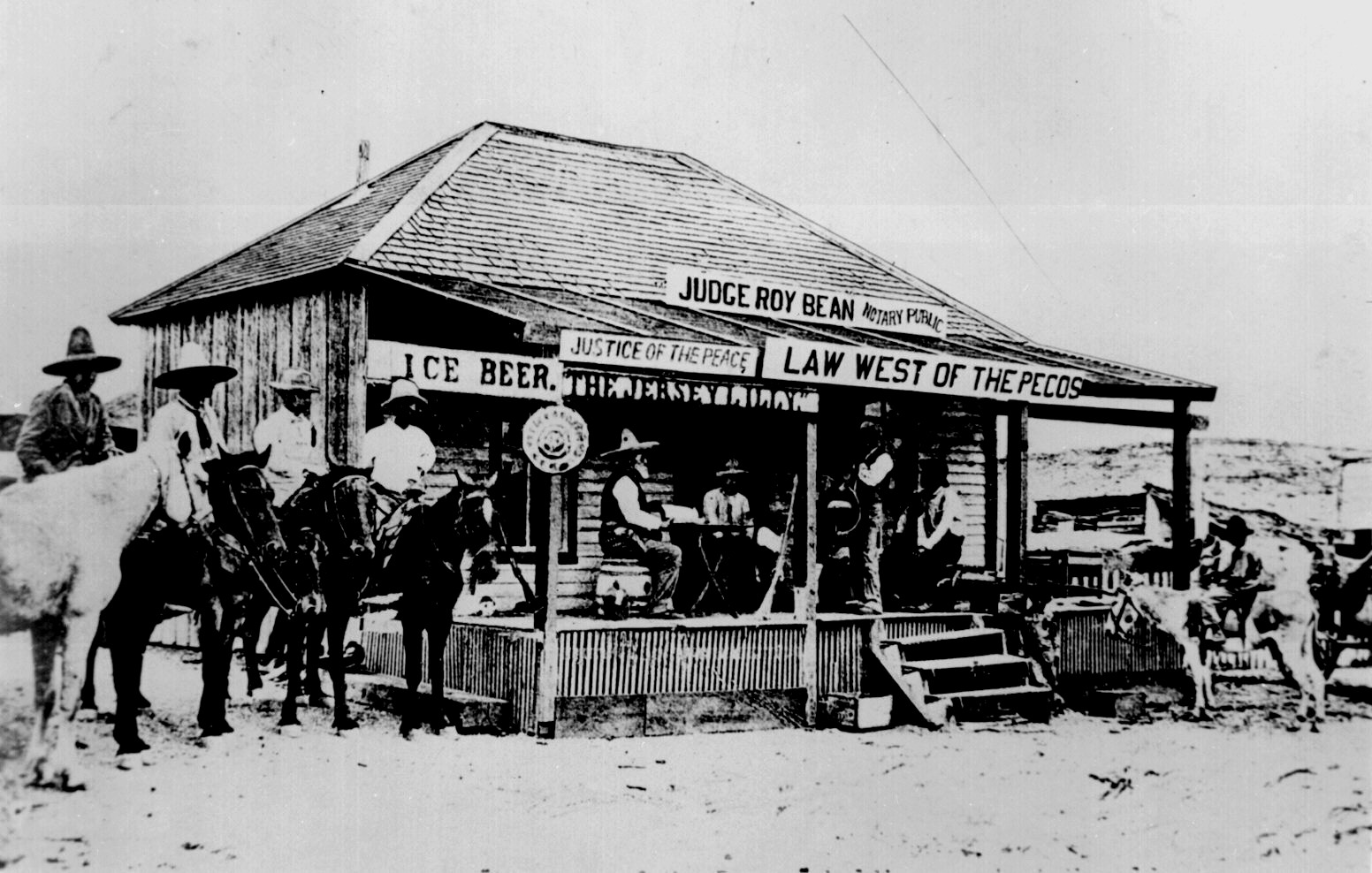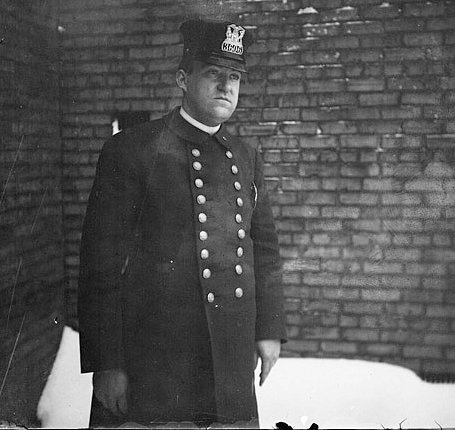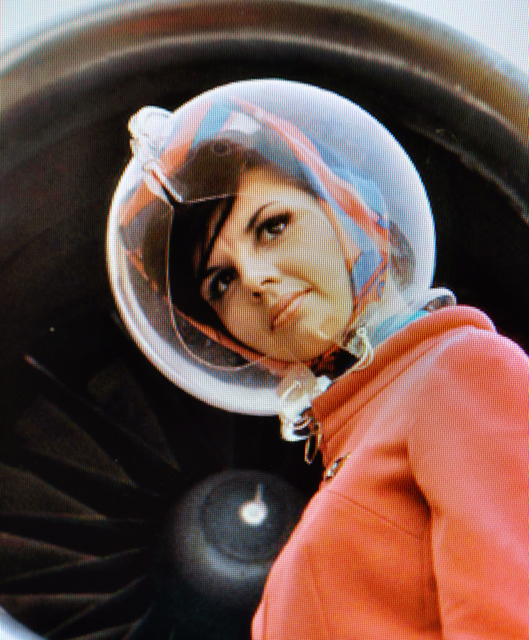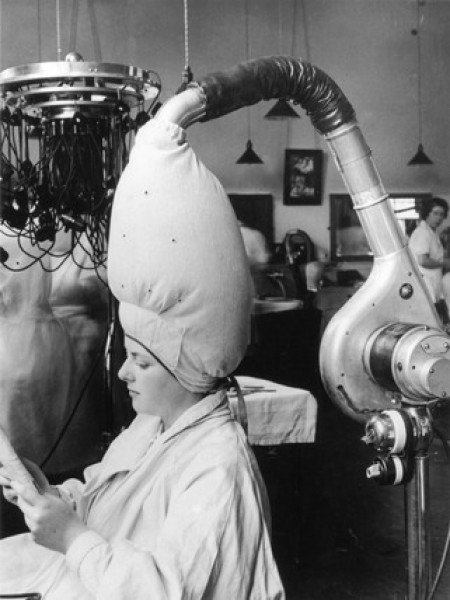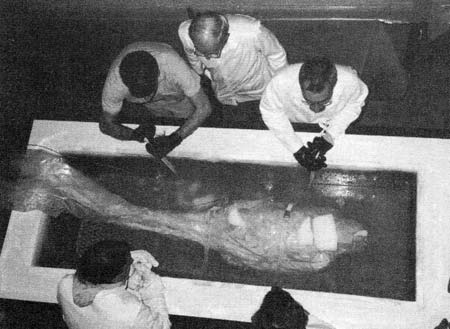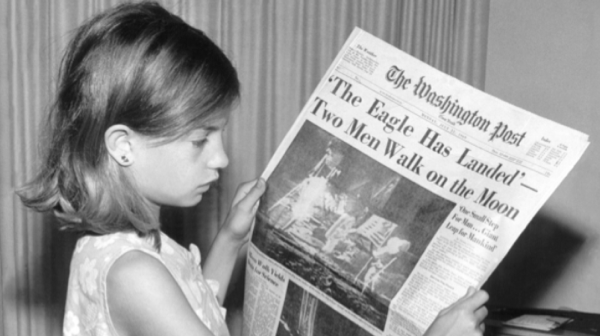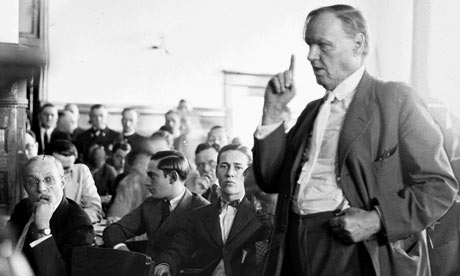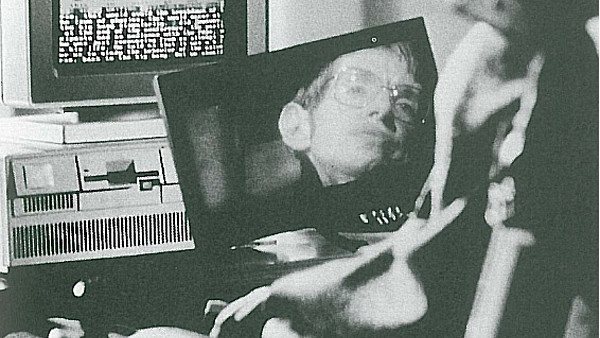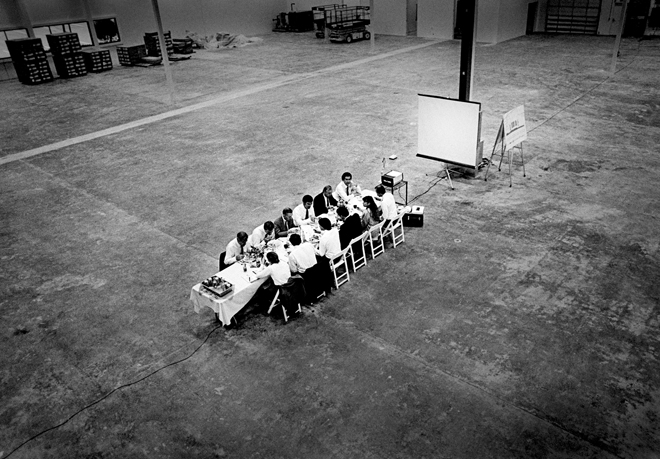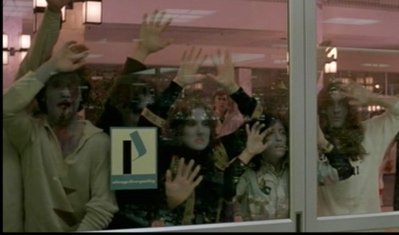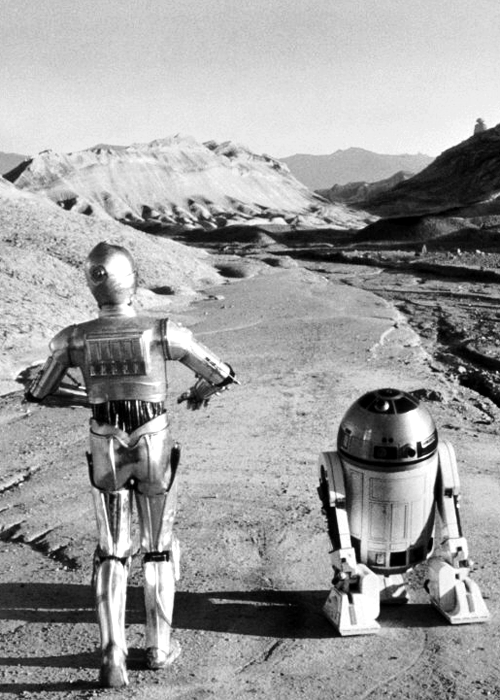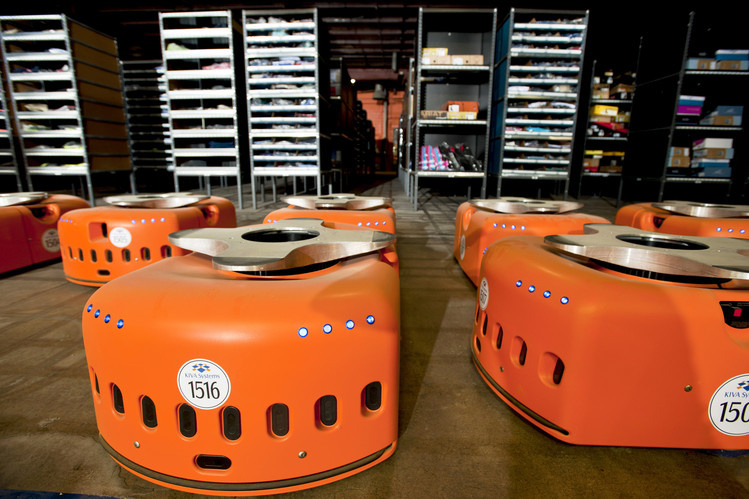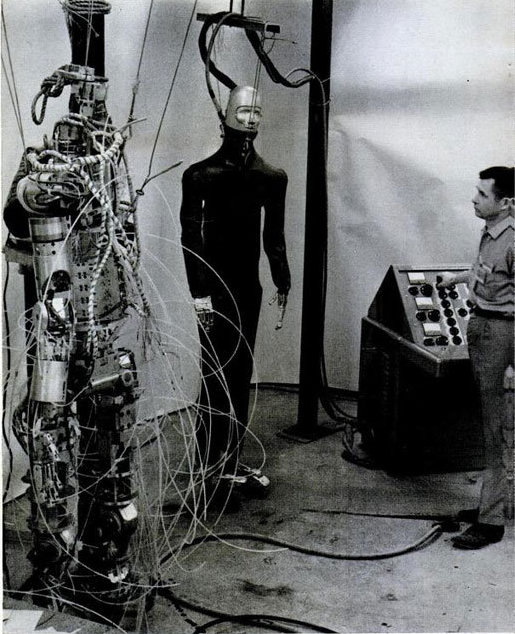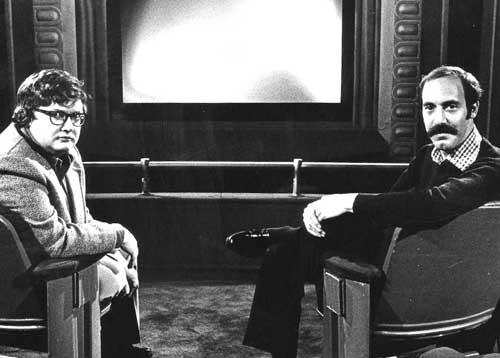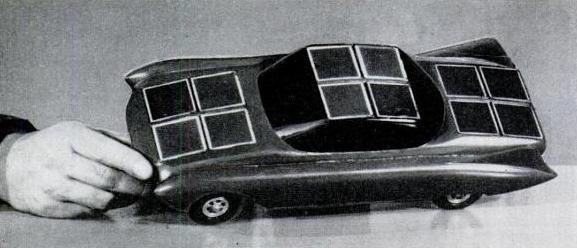Norman Mailer, no stranger to politics himself, sincerely wanted the Democrats to draft Ernest Hemingway, who liked to fucking fish, as their nominee for President in 1956, encouraging such a move in an open letter to the party in the Village Voice. Not quite as bad an idea as liberating Jack Henry Abbott, but not his best one, either. An excerpt from Mailer’s original article republished at the Penguin Random House Medium site:
YES, IT MAY SEEM a trifle fantastic at the first approach, but the man I think the Democrats ought to draft for their presidential candidate in 1956 is Ernest Hemingway.
I have had this thought in mind for some months, and have tried to consider its merits and demerits more than once. You see, I am far from a worshipper of Hemingway, but after a good many years of forever putting him down in my mind, I came to decide that like him or not, he was one of the two counterposed aesthetic forces in the American novel today — the other being Faulkner of course — and so his mark on history is probably assured.
Now, what I think of Hemingway as a writer would be of interest to very few people, but I underline that I am not a religious devotee of his work in order to emphasize that I have thought about him as a presidential candidate without passion or self-involvement (or at least so I believe it to be). As for his merits and even more important his possibilities for victory, I will try to discuss them quickly in the limits of this column.
To begin with, the Democratic Party has the poorest of chances against Eisenhower, and whether it be Stevenson, Kefauver, or some other political half- worthy, the candidate’s personality would suffer from his unfortunate resemblance to a prosperous undertaker. There is no getting around it — the American people tend to vote for the candidate who gives off the impression of having experienced some pleasure in his life, and Eisenhower, whatever his passive vicissitudes, looks like he has had a good time now and again. I would submit that this is one of the few healthy aspects of our unhealthy country — it is indeed folk wisdom.
A man who has had good times has invariably also suffered (as opposed to the unfortunate number of people who have avoided pain at the expense of avoiding pleasure as well), and the mixture of pain and pleasure in a man’s experiences is likely to give him the proportion, the common sense, and the charm a president needs.
Hemingway, I would guess, possesses exactly that kind of charm, possesses it in greater degree than Eisenhower, and so he would have some outside chance to win.•


